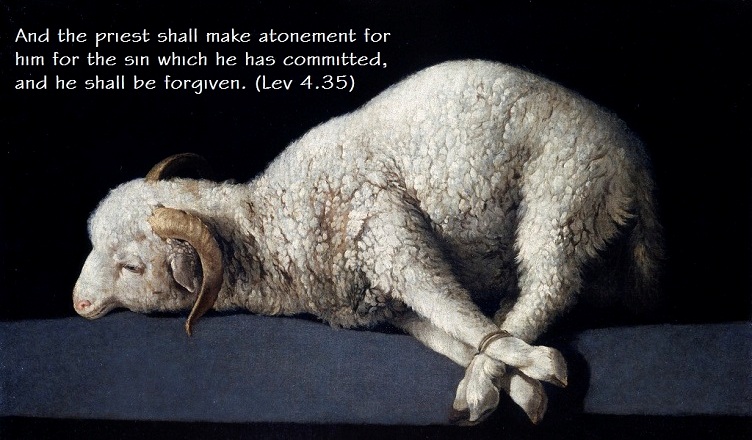In Leviticus 23, God reveals to Moses the holy festivals that He has given to Israel for His worship. He introduces these festivals with a renewal of the Sabbath: "Six days shall work be done, but on the seventh day is a Sabbath of solemn rest, a holy convocation. You shall do not work. It is a Sabbath to the Lord in all your dwelling places" (Leviticus 23:3). That opening may strike us as odd, because we don't think of the Sabbath as feast day. However, it is significant, because it sets the context of what is to follow, a not accidental introduction.
Moses then describes the Passover, perhaps the most important of the Jewish festivals. Then the Feast of Firstfruits, a holiday much like our American Thanksgiving.
Then, in verse 15, God turns to the Feast of Weeks, better known to us by its Greek name, Pentecost. "You shall count seven weeks from the day after the Sabbath, from the day that you brought the sheaf of the wave offering. You shall count fifty days to the day after the seventh Sabbath. then you shall present a grain offering of new grain to the Lord" (Leviticus 23:15-16). So fifty days was to be counted from the Sabbath of Passover. That would be seven weeks, each ending on the seventh day. Then one more day, the first day of the eight week. "You shall make a proclamation on the same day. You shall not do any work. It is a statute forever in all your dwelling places throughout your generations" (Leviticus 23:21).
So we have the account of instructions to Moses, in which he was to celebrate the day of Passover, the anniversary of the day that the angel of death passed over every Israelite household that was marked by the blood of a sacrificial lamb. To whom did that point? To Jesus, the Lamb of God who would mark the elect with blood so that God's judgment would pass over us. Then another holiday is commanded, following seven Jewish Sabbaths plus one day. What happened on the day to which the feast pointed? The coming of the Holy Spirit (Acts 2) as the gift to His people from the resurrected and ascended Christ.
That next day was Sunday, just as Sunday was the day on which Jesus rose from the dead, and just as the Apostles made Sunday the day of Christian gathering and worship (Acts 20:7 and I Corinthians 16:2). After a transitional period in Acts, we never see again a Christian activity on a Saturday.
Did the Apostles use the word "Sabbath" for that day? No. We can grant that without affecting the argument presented here. However, we have a saying in America: "If it walks like a duck and quacks like a duck, then it is a duck." In the same way, as Moses foretold the shift of the Sabbath from the last to the first day of the week and the Apostles treated the first day like the Sabbath, then it is the Sabbath, whether the word occurs there or not.






